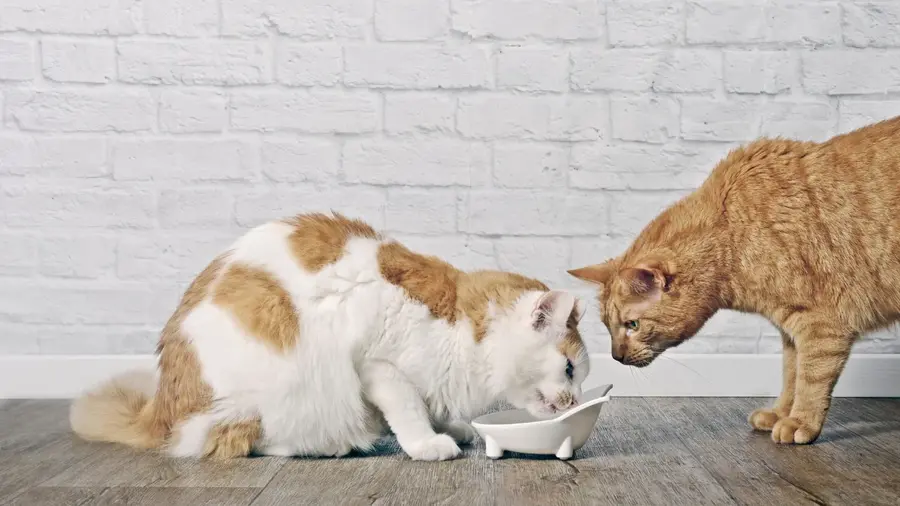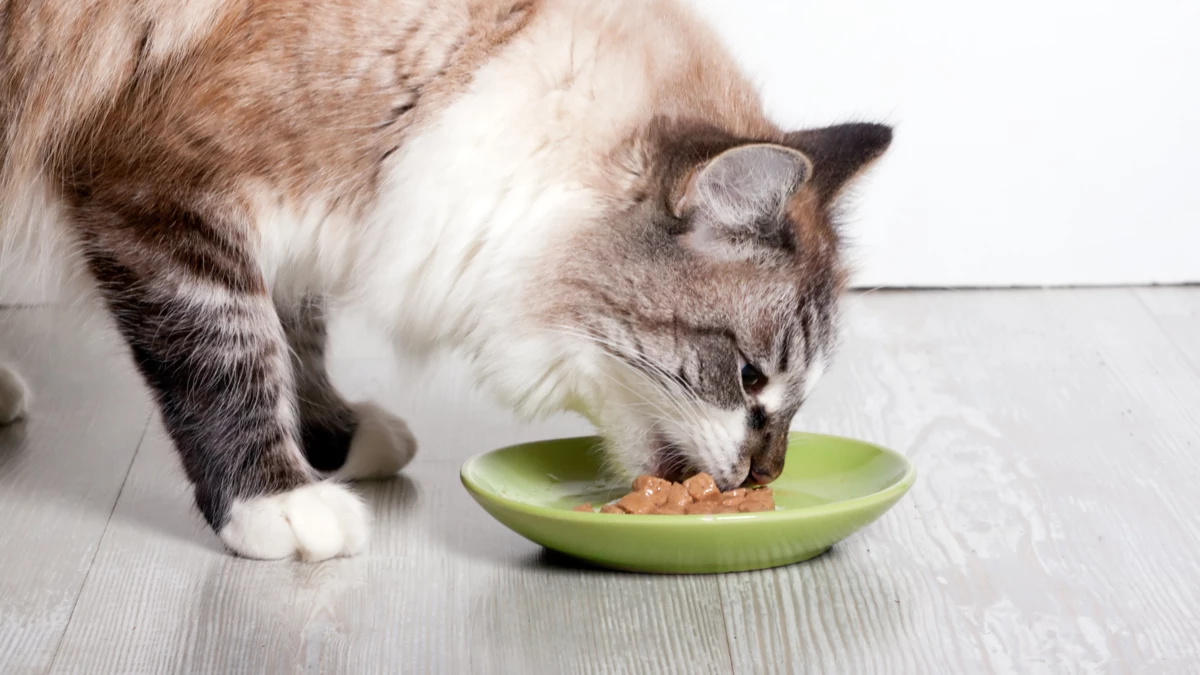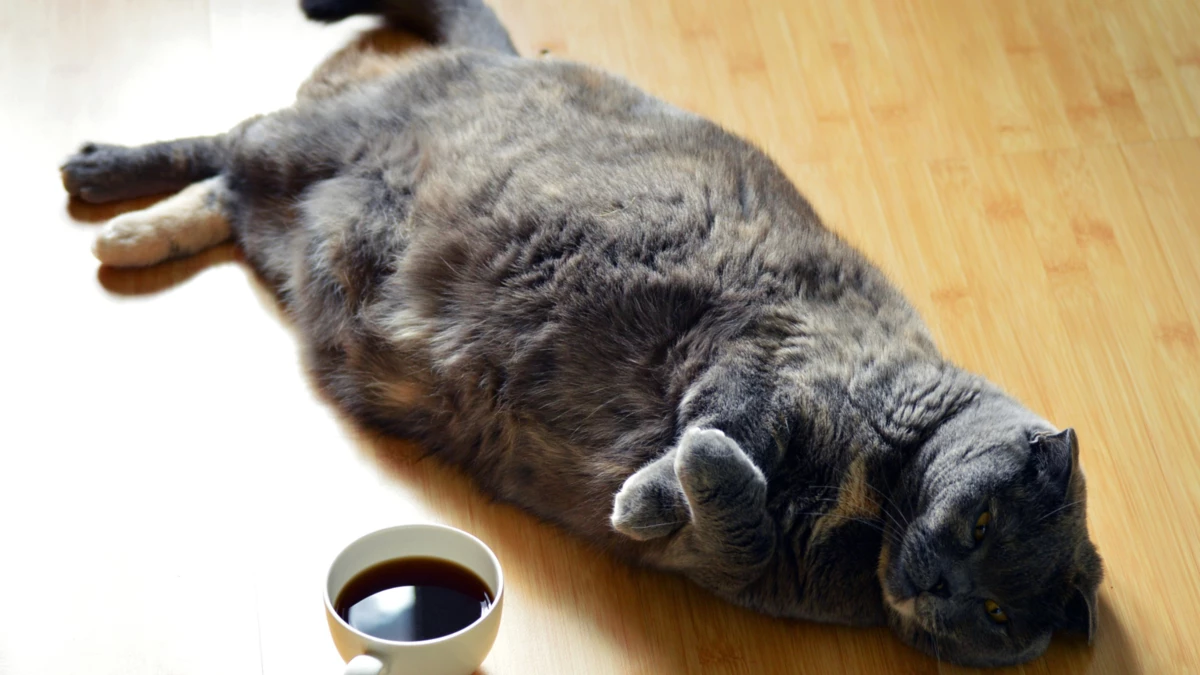Do Cats Get Jealous?

Jealousy , like many other typically human feelings, is often also associated with animals, without however taking into account that the underlying motivations are different from those of our species, because the ethological characteristics are different. The reasons why a cat can be jealous , for example, are not the same as those of a human being, and the dynamics that cause reactions in this sense are very different.
Do Cats Get Jealous? In short, the risk is to misinterpret some feline behaviors by attributing them to jealousy, when in reality it could be attempts to defend one’s territory and resources, or to attract the attention of one’s pet mate . Let’s see in detail whether cats can actually be jealous, and if so, how to behave and manage it.
What is a Cat’s jealousy?
To understand the behavior of what appears to be a jealous cat, know that this feline does not respond to a social hierarchy, but it is very territorial . This means that, to feel safe in the environment where it lives, it needs to demarcate its territory.
He therefore uses facial marking , which consists of rubbing his face against different objects in the house, people or animals, in order to impregnate them with his pheromones. His territory is thus familiar and welcoming.
When cats feel threatened or vulnerable in relation to their environment or to the resources that they consider important to their survival (food, protection, etc.), their behavior can be disrupted. It is at these times that you may find that you have a jealous cat, but these signs are more synonymous with territoriality and resource guarding.
In this sense, the arrival of new members in the house, whether animals ( another cat , a dog, etc.) or people (a new spouse, a baby, friends, etc. ), can lead to this type of behavior. The same thing happens in the event of radical changes in the cat’s daily life or a lack of important resources.
Signs of a jealous cat
Faced with the circumstances we have just mentioned, the intensity and type of response that your cat can show depends on factors such as its personality, its development during the socialization period or its ability to adapt to change.
Some cats become more cautious, explore in a measured manner, and return to intensively marking their territory through facial marking, urine marking, or claw marking, in an effort to reestablish their territory and readjust to the situation.
Other cats develop anxiety, stress or fear responses. This causes them to feel more vulnerable and afraid, hide, be listless, stop eating, or relieve themselves outside of their litter box. Delve into the captivating realm of feline habits by exploring cat box behavior. This article unravels the curious relationship between cats and boxes, providing a comprehensive understanding of the behaviors and instincts that make boxes an irresistible attraction for our furry companions.
Other cats exhibit aggressive behavior towards the subject they perceive as a threat or competitor. In this case, the signs that will make you think that you have a jealous cat are:
- His pupils dilate and he looks firmly at the subject he wants to attack.
- It adopts the typical attack position, with the hair bristling, the tail separated from the body with the tip curled upwards or downwards, the neck stretched and the ears backwards.
- It emits signals such as exaggerated meows or intense howling.

how to treat a jealous cat?
The best thing to do is to prevent this behavior from developing. To avoid ending up with a jealous cat , take the following aspects into account:
- The socialization period is fundamental for the feline to learn to establish and maintain social relationships with other animals and people, as well as to adapt to changes in a natural way.
- An adequate territory adapted to its needs is essential to avoid, as far as possible, stress. In addition, it must be well demarcated (hygiene zone, feeding zone, social corner, etc.).
- Each member of the family must have sufficient resources specific to them (litter boxes, water and food bowls, quiet space, etc.), particularly during the adaptation phase to cohabitation with other animals, to avoid competition between them. Take into account that your caresses, your company and games can also be considered a resource.
- Habits should be maintained , wherever possible, and changes should be introduced gradually, to facilitate adaptation. Synthetic calming pheromones can help him deal with them.
- Even if your companion displays inappropriate jealous cat behavior, direct punishments are counterproductive . Not only do they not help, they can make fearful, anxious and aggressive behavior worse.
Aggression in felines is a problem and, sometimes, it is difficult to know what is causing it (territoriality, illness, frustration, etc.). If you think your cat is jealous or suffering from any change in behavior, consult a veterinarian specializing in ethology so that they can assess the situation and advise you.
Cat jealous of another animal
It is true that cats are pets that require less attention than dogs (for example, you don’t have to worry about taking them outside several times) but when a cat joins a family, it also acts as one more. If until now you have only had one cat, it will surely have been very pampered and it is possible that when another animal entered the house it began to show strange behaviors. Don’t worry, in this post you can see what you can do to get a cat to get along with a dog and in this other post how to get several pets to live together in a house .
Cat jealous of a person
If your cat is jealous of a person, a good trick could be to spray their clothes with a product that contains feline pheromones (it is a smell that will be very pleasant for them). Also, if it is an adult, try to spend quality time together (playing and feeding) this way your cat will little by little feel more comfortable with his company.






